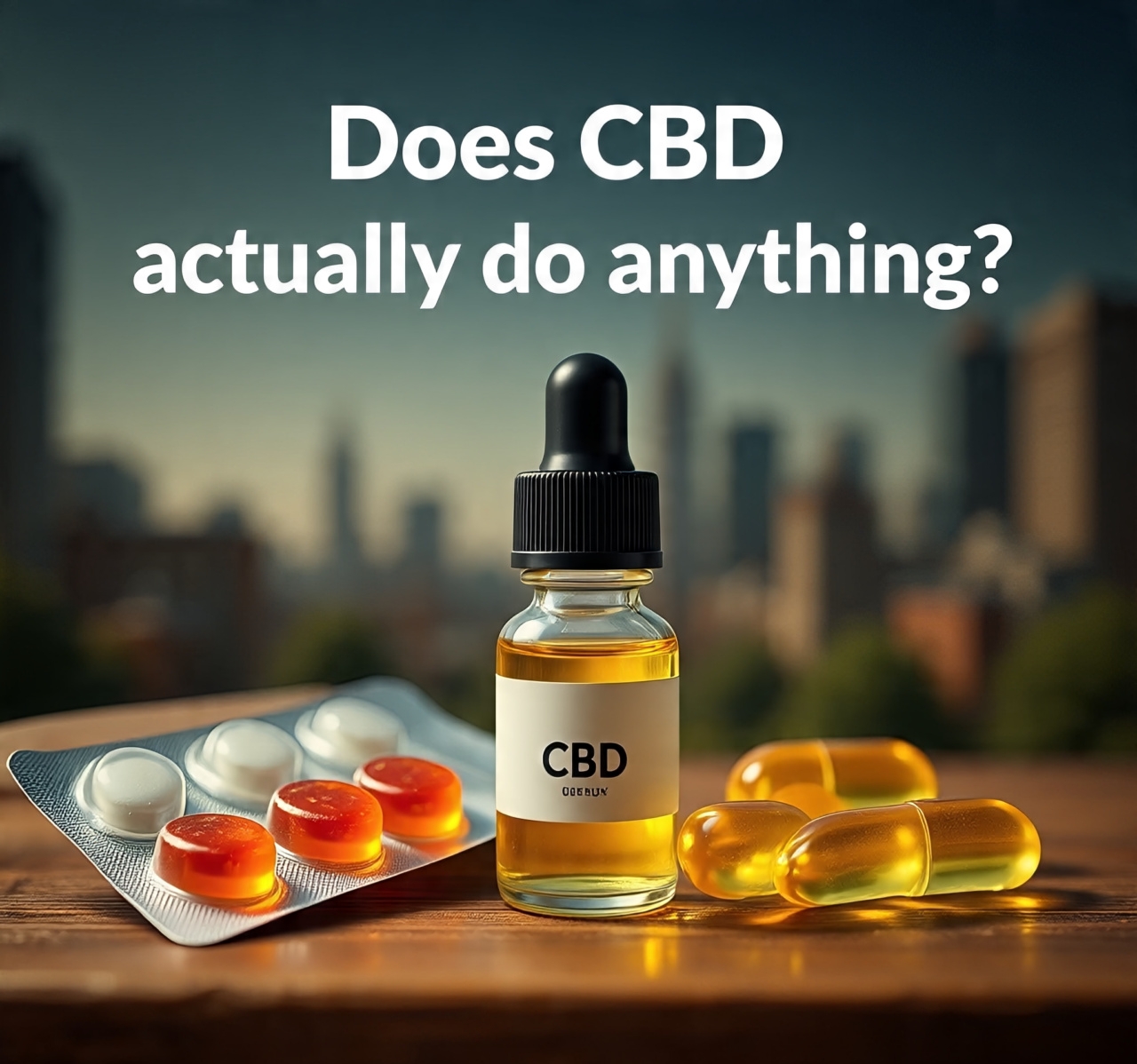THE LEGAL PROCESS FOR OBTAINING MEDICAL CANNABIS IN THE UK
The legal process for obtaining medical cannabis in the UK
INTRODUCTION
Medical cannabis has been legal in the United Kingdom since November 2018, marking a significant shift in the country’s approach to cannabis-based treatments. However, despite this legislative change, many patients remain confused about how to access medical cannabis legally. The process involves strict regulations, specialist consultations, and specific qualifying conditions that must be met before a prescription can be issued.
This comprehensive guide will walk you through every step of the legal process for obtaining medical cannabis in the UK, from understanding eligibility criteria to receiving your prescription and accessing your medication. Whether you’re exploring treatment options for chronic pain, epilepsy, or other qualifying conditions, this article will provide you with the essential information you need to navigate the UK’s medical cannabis framework.
UNDERSTANDING MEDICAL CANNABIS LEGISLATION IN THE UK
THE 2018 LEGISLATIVE CHANGE
On November 1, 2018, the UK government reclassified cannabis-based products for medicinal use, moving them from Schedule 1 to Schedule 2 of the Misuse of Drugs Regulations 2001.
The reclassification meant that specialist doctors could legally prescribe cannabis-based medicines to patients with specific medical conditions where conventional treatments had proven ineffective. However, it’s crucial to understand that this legalization applies only to medical cannabis prescribed by licensed specialists, not recreational use, which remains illegal.
WHAT QUALIFIES AS MEDICAL CANNABIS
Medical cannabis in the UK refers to cannabis-based products for medicinal use (CBPMs) that contain controlled cannabinoids such as THC (tetrahydrocannabinol) and CBD (cannabidiol). These products must meet pharmaceutical standards and can come in various forms including oils, capsules, dried flower for vaporization, and oral sprays.
It’s important to note that over-the-counter CBD products containing less than 0.2% THC are not classified as medical cannabis and can be purchased without a prescription. The medical cannabis discussed in this guide refers specifically to prescription-only medicines containing higher levels of controlled cannabinoids.
ELIGIBILITY CRITERIA FOR MEDICAL CANNABIS
QUALIFYING MEDICAL CONDITIONS
The UK does not maintain an official list of qualifying conditions for medical cannabis prescriptions.
Chronic Pain: Patients experiencing persistent pain that has not responded adequately to conventional pain management treatments, including opioids, may be eligible for medical cannabis. This includes neuropathic pain, fibromyalgia, and pain associated with multiple sclerosis.
Epilepsy: Particularly severe, treatment-resistant epilepsy where conventional anti-epileptic drugs have failed to control seizures. Medical cannabis has shown promising results in reducing seizure frequency in some patients.
Multiple Sclerosis (MS): Patients with MS experiencing muscle spasticity, pain, or sleep disturbances that haven’t improved with standard treatments may qualify for medical cannabis prescriptions.
Chemotherapy-Induced Nausea and Vomiting: Cancer patients undergoing chemotherapy who experience severe nausea and vomiting despite conventional anti-emetic medications.




